HOME>>News>>Company
E-cigarettes may welcome "tailor-made" supervision, and the detailed rules are expected to be issued next year
An announcement of less than 30 words set off a storm in the e-cigarette industry.
On November 26, the State Council issued a decision to amend the regulations for the implementation of the tobacco monopoly law of the people's Republic of China, which made it clear that e-cigarettes will be implemented with reference to the relevant provisions of cigarettes and will go into effect today. The draft of this regulation was issued on March 22 this year and officially implemented eight months later.
This means that the "who will manage" issue that has been pending in the e-cigarette industry has finally been settled. Combined with the recent e-cigarette national standard draft meeting, the formulation of e-cigarette product quality standards is also accelerating.
The capital market reacted quickly. At the opening of trading on Monday, the parent company of Yueke fog core technology (RLX) fell, and then rose slightly after trading, up 0.38%. Smallworld also fell today, down 5.34% as of press time.
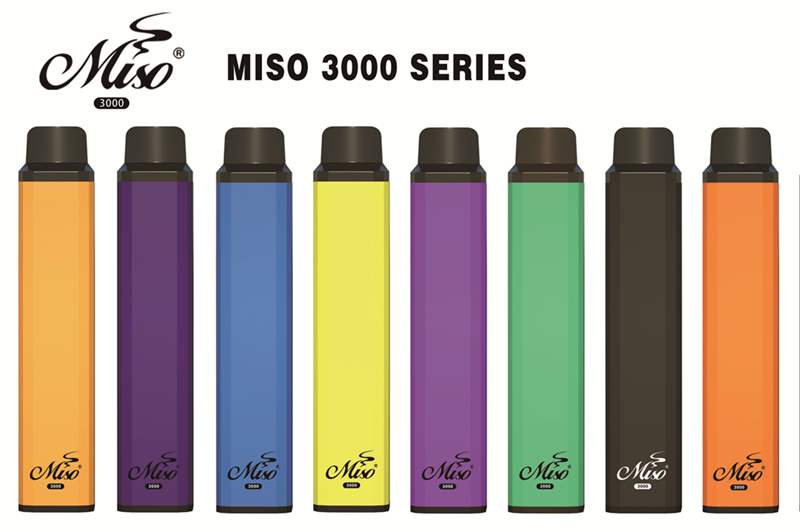
Both brands and industry associations responded. Yueke, Ono, platinum and other brands said they would support the amendment of the regulations and implement the regulatory policies related to e-cigarettes. The electronic cigarette industry committee of China Electronic Chamber of commerce also issued a statement soon, saying that it will actively guide all members to cooperate with relevant departments to do relevant work.
Optimistic voices in the market believe that the implementation of the legal identity of e-cigarettes will raise the industry access threshold, which is conducive to standardization and long-term development. But on the other hand, the pessimistic view is that e-cigarettes may be monopolized and "one size fits all" managed, and the market will be hit hard.
The detailed rules are not clear, and the tax revenue and channels are facing uncertainty
The amendment of the regulations has given the e-cigarette a legal identity and made it clear that the e-cigarette, as a "new type of tobacco", belongs to the tobacco bureau. However, the regulations have not issued detailed rules on "how to manage".
Ao Weinuo, Secretary General of the electronic cigarette industry committee, told the interface news that the detailed rules generally include mandatory standards, production and sales licenses, consumption tax collection, etc. he expects that the specific detailed rules will be introduced next year.
A person from the e-cigarette industry told the interface news that the impact of the revision of the regulations on the industry mainly lies in "taxation, channel mode and controllability". This is also in line with the overall industry forecast.
In terms of channels, according to the tobacco monopoly law, the production and sales process of domestic cigarettes is roughly as follows: the tobacco bureau uniformly plans to plant and purchase tobacco leaves, then distributes the tobacco leaves to the tobacco factory to issue the production plan, and the finished products are purchased by the tobacco bureau and then distributed to wholesale enterprises or retailers. Most of these links only allow one-way flow, and production, wholesale and sales parties need to hold certificates, otherwise it is illegal.
Look at the electronic cigarette. After the online ban policy at the end of 2019, offline physical stores of e-cigarettes will occupy the streets at a speed visible to the naked eye. According to Tianyan survey data, there are more than 128000 e-cigarette related enterprises in China, of which more than 80% have a registered capital of less than 2 million. According to the data of the first quarter of 2021, Yueke alone has more than 15000 stores in China.
One of the most pessimistic expectations in the market is that e-cigarettes are monopolized like cigarettes, priced and designated by the tobacco bureau, which will undoubtedly bring a major blow to the rapidly developing e-cigarette industry.
But more people believe that e-cigarettes may usher in "tailor-made" supervision.
Ao Weinuo stressed that "reference" in the regulations is not "according to", he said: "It can not be understood that e-cigarettes are regulated according to the way that cigarettes are monopolized by the state. I am optimistic about the policy. It is a global trend to strengthen the supervision of e-cigarettes by rule of law. We should not only respect e-cigarettes as an emerging industry based on scientific and technological innovation, but also regulate the protection of minors, quality and safety and taxation."
Zheshang Securities believes that the customized supervision mode is expected to be applied to atomized e-cigarettes, such as the approval method and approval process of business license and business license may be different from traditional cigarette retail outlets, and believes that this move may pave the way for China tobacco to push forward the detailed rules for the management of e-cigarette channels.
In terms of Taxation, the current comprehensive tax burden on cigarettes exceeds 60%, while e-cigarettes are only subject to 13% value-added tax as ordinary consumer goods. Hua'an Securities believes that with reference to Japan, China's e-cigarette tax rate may be increased to 80% of cigarettes.
In addition, referring to the policy of banning the sale of fruit and mint flavored atomized e-cigarettes in the United States to prevent teenagers from smoking, Hua'an Securities believes that China may also restrict the taste of e-cigarettes.
On the whole, the regulation has raised the threshold of the domestic e-cigarette industry. Most securities companies believe that it is good for upstream and downstream leading enterprises; at the same time, it has further established a market elimination mechanism, and small enterprises are at risk of being expelled.
Looking overseas?
A person in charge of a small e-cigarette brand told the interface news that after the policy falls, the company will respond to the policy to make compliant products on the one hand, and increase investment in overseas channels on the other hand.
China is the global e-cigarette manufacturing center and OEM for a large number of overseas brands. In a statement released on the evening of the 26th, the e-cigarette Industry Committee mentioned that the export of e-cigarettes has increased rapidly in recent years, is expected to reach a record high of 100 billion yuan in 2021, and has directly and indirectly brought about the employment of nearly 3 million people.
The above statement proposes that for the export-oriented e-cigarette industry, the introduction of regulatory rules involves export. Under the conditions of meeting international regulatory requirements and China's customs supervision, simplification and convenience should be realized, and enterprises should be encouraged and supported to earn foreign exchange through export, which is conducive to maintaining the global competitiveness of China's e-cigarette industry and the long-term development of e-cigarette industry.
At present, countries are speeding up the introduction of regulatory measures for e-cigarettes, clarifying the regulatory body, product nature and tax rate. Taking the United States as an example, it is the world's largest e-cigarette market. FDA has become the regulatory body of new tobacco products since 2016. Since then, it has stepped up efforts to curb the use of e-cigarettes by young people, banned the sale of fruit and mint flavored e-cigarettes and added e-cigarettes to the PMTA process Preface (enterprises are required to provide production, R & D and other materials to prove the reliability of their products). Until October this year, the first e-cigarette brand passed the PMTA application.
The attitude of East Asian neighbors towards e-cigarettes also has reference value: Japan regards heated non combustible e-cigarettes (HNB) as a healthier cigarette substitute and can be sold with the license of the Japanese Ministry of finance; South Korea has strict tobacco control and imposes extremely high tax rates on e-cigarettes, which is almost equivalent to ordinary tobacco.
Major international tobacco companies are targeting the e-cigarette market. Marlboro manufacturer and tobacco giant Philip Morris International set the goal of transforming to "smoke-free" in 2016: by 2025, the company expects about 40 million users to be new tobacco users, and the shipment of new tobacco accounts for more than 30%.
Domestic China tobacco has also embarked on the road to sea. For example, the HNB products of Sichuan China tobacco have landed in the Spanish market in August this year.
From this point of view, Chinese e-cigarette manufacturers, which are mainly export-oriented, will not be greatly affected. For example, smore international, 80% of its products are sold overseas, the United States is its main market, and British American tobacco, the world's second largest tobacco group, is its major customer. BYD Electronics, which has invested heavily in e-cigarette OEM, also aims at China tobacco HNB and overseas customers.
However, the life of brands may not be so easy. With overseas e-cigarette market giants entrenched and high market penetration, it is not easy for Chinese brands to adapt to the new market rules and lay channels.
NEW ARRIVAL
CONTACT US
Tel : (+1)9142246728
Email : sale@misovape.com
Address : 1435 Franklin Stdenver, CO 80218, USA











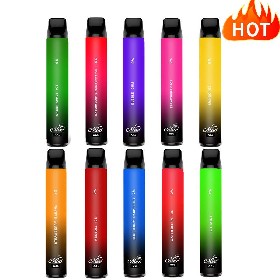

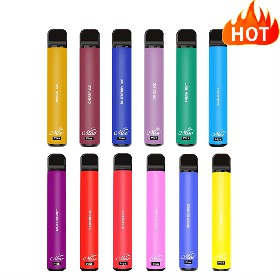

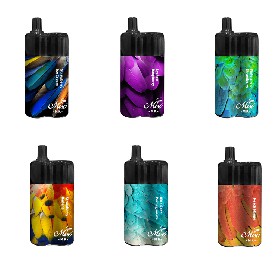

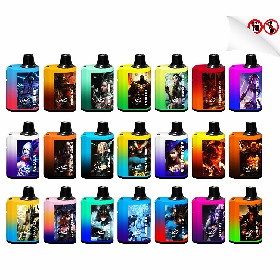
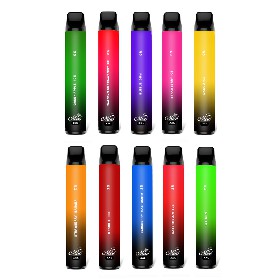

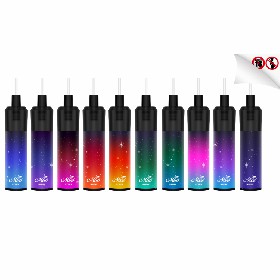



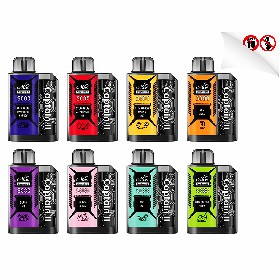
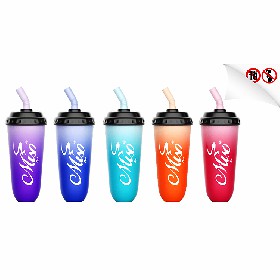

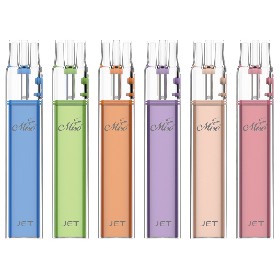
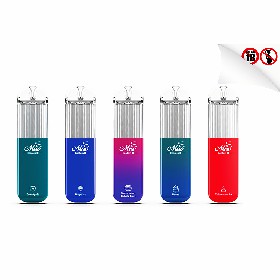




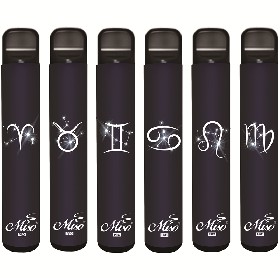



 Instagram
Instagram
 facebook
facebook
 youtube
youtube
